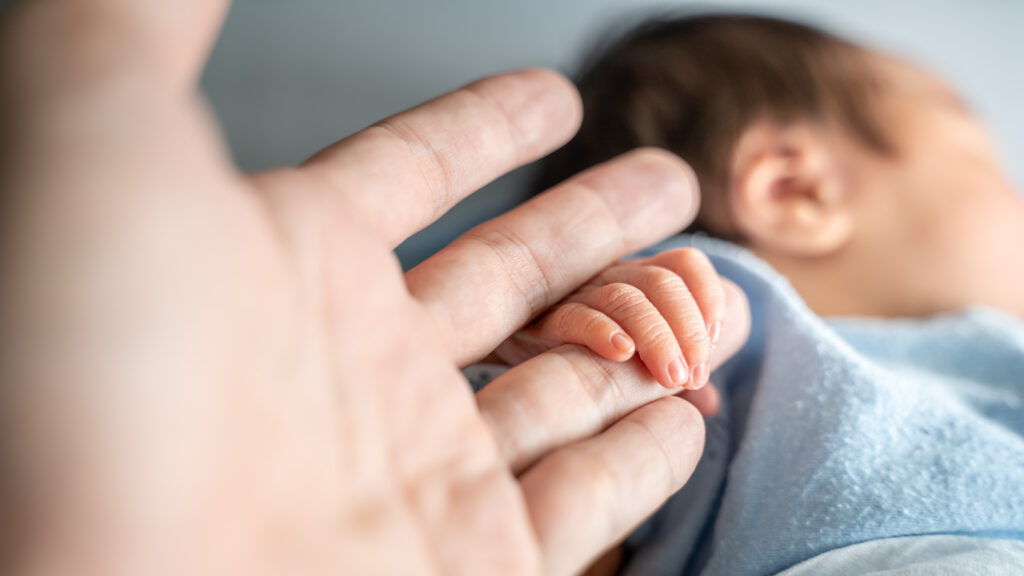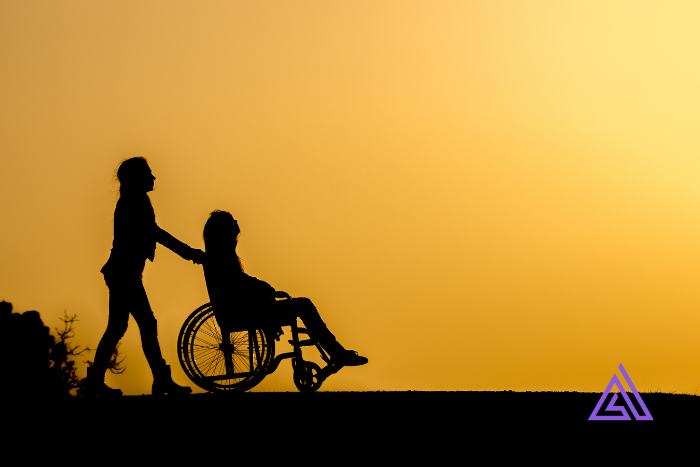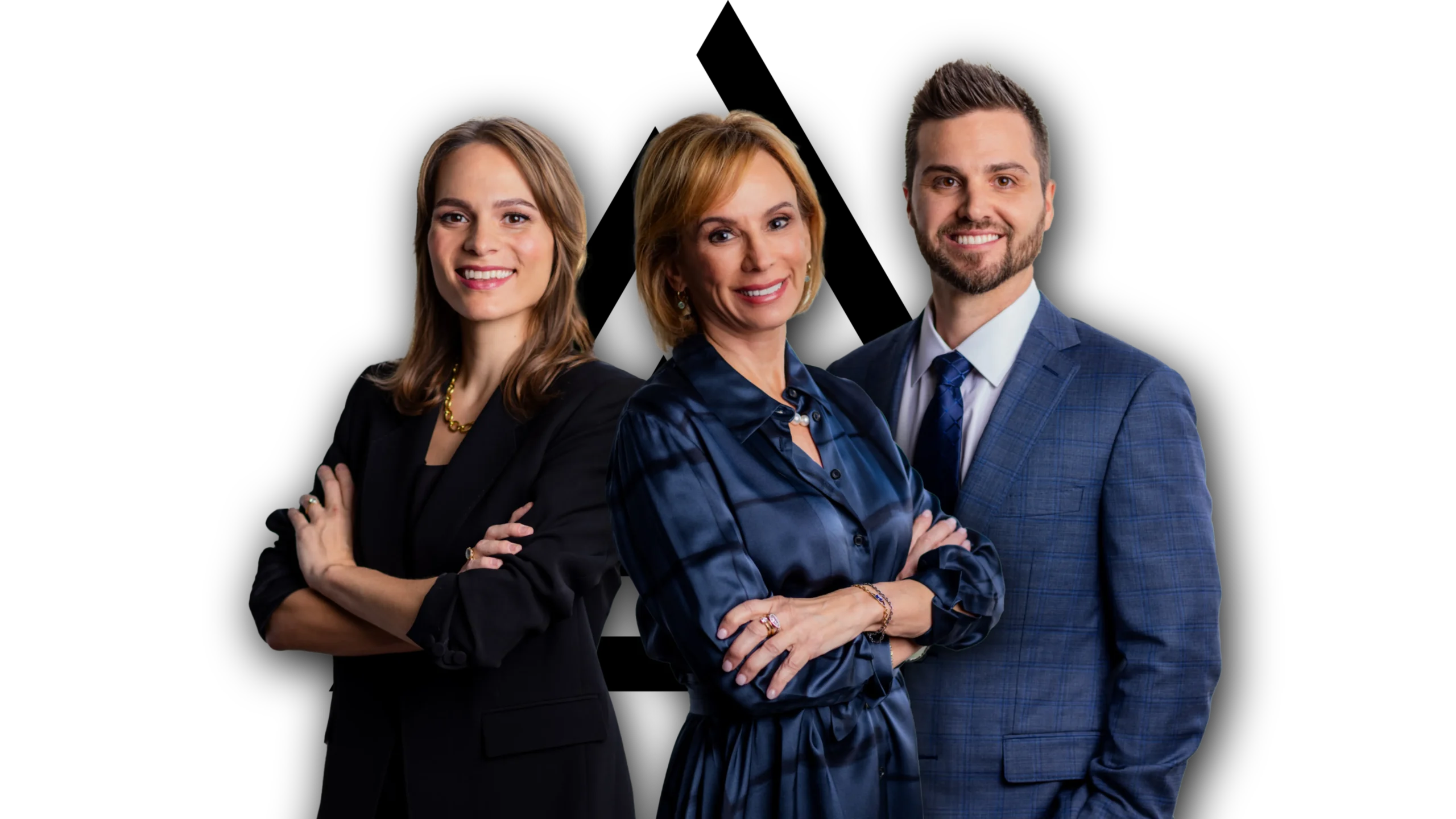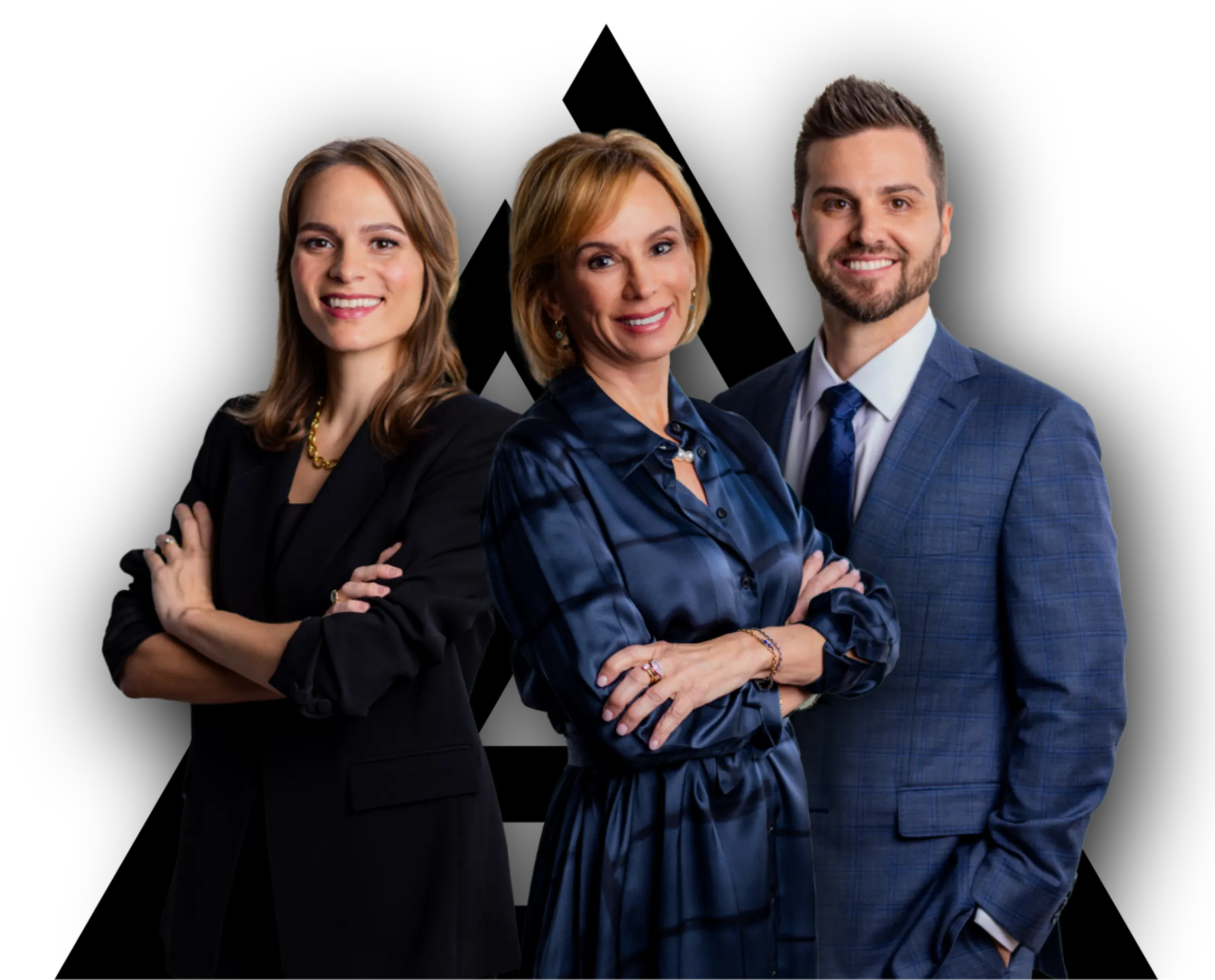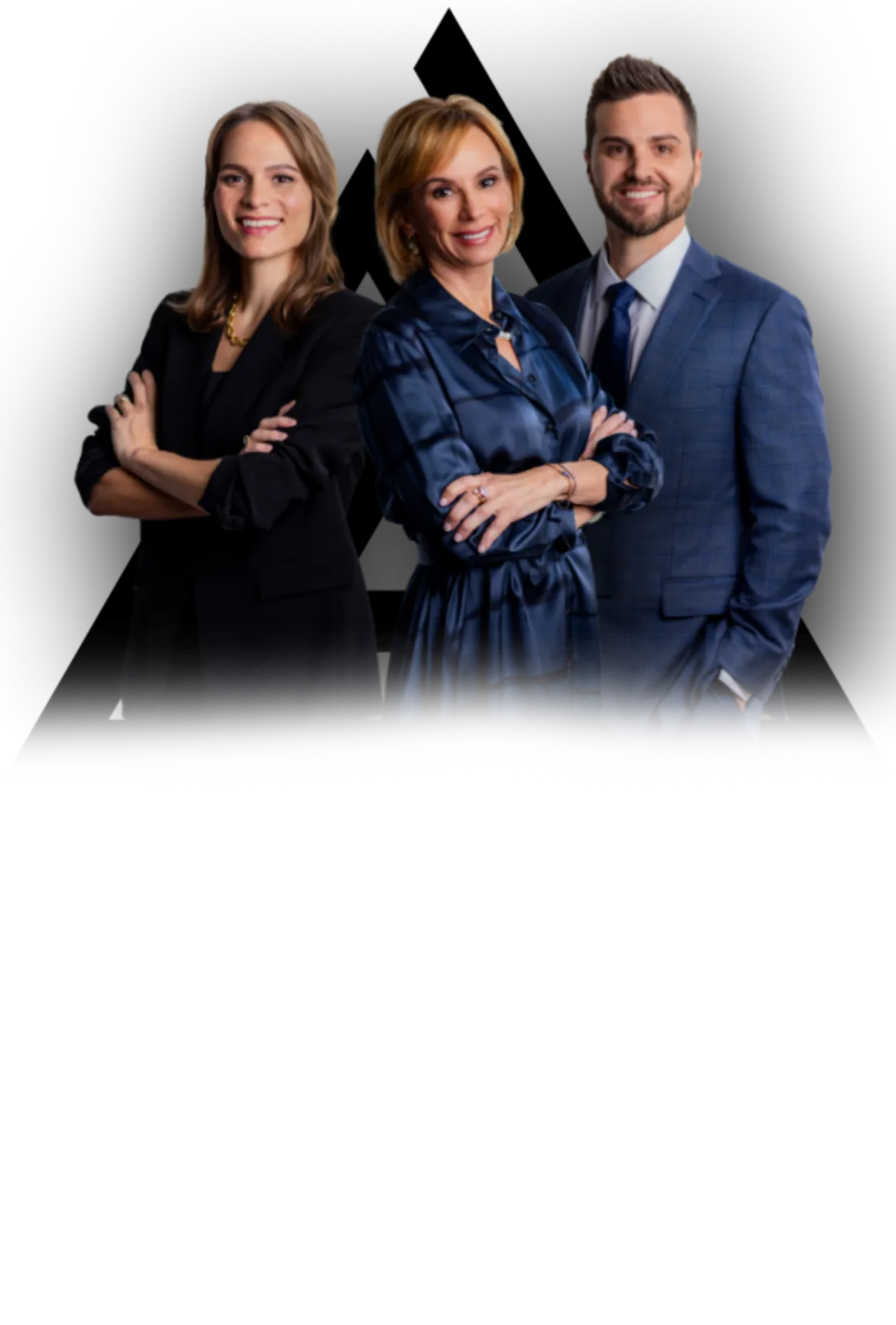For new parents, the arrival of a baby should be a moment of joy, but birth complications such as umbilical cord problems can create serious concerns for your child’s health. Umbilical cord issues, including cord prolapse, knots, or nuchal cords, can affect oxygen and nutrient delivery, potentially leading to long-term health impacts if not addressed promptly.
Understanding these warning signs of umbilical cord problems in the womb can help parents advocate effectively for immediate medical attention and protect their child’s ability to thrive in those crucial first days.
At Aldous Law, we work with families whose children have been affected by preventable umbilical cord injuries. Our team investigates whether medical negligence played a role and helps parents pursue the compensation needed to cover medical care, therapies, and future support. Contact Aldous Law today for a free consultation. We are here to listen to your story, explain your legal options, and fight to protect your child’s future.
Understanding Umbilical Cord Problems
The umbilical cord is a baby’s lifeline, carrying oxygen and nutrients from the placenta. When something goes wrong with the cord, that lifeline can be disrupted. Common issues include cord prolapse, where the cord slips into the birth canal ahead of the baby; nuchal cords, where the cord wraps around the baby’s neck; and true knots, which can restrict blood flow. Early detection through regular prenatal monitoring, ultrasounds, and attentive observation of fetal movement is essential in preventing serious umbilical cord complications.
Common Types of Umbilical Cord Complications
- Nuchal Cord: Occurs when the cord wraps around the baby’s neck, sometimes multiple times. Often detected during labor via fetal monitoring, it may require careful handling during delivery or a cesarean if distress is noted. Most babies are safely delivered, though some may need oxygen support or NICU observation.
- Umbilical Cord Prolapse: Happens when the cord drops into the birth canal ahead of the baby, reducing oxygen flow. This is an obstetric emergency that usually requires an immediate cesarean to prevent serious injury.
- Umbilical Cord Compression: The cord becomes compressed, which can lead to intermittent reductions in oxygen and heart rate changes. Management includes careful monitoring, maternal repositioning, or urgent delivery if distress persists.
- True Knots and Vasa Previa: True knots form when the cord twists on itself, and vasa previa occurs when fetal blood vessels cross the cervix. Both can restrict blood flow, requiring close monitoring and, in some cases, scheduled cesarean delivery. Babies affected may need specialized neonatal care after birth to ensure proper recovery.
What Are the Signs of Umbilical Cord Problems During Pregnancy?
Umbilical cord problems in the womb can sometimes be indicated by subtle changes that parents may notice throughout the pregnancy or even during routine check-ups. Decreased or irregular fetal movement, unusual patterns detected during prenatal ultrasounds, or abnormal fetal heart rates can all signal potential cord issues.
These indicators may prompt healthcare providers to take a closer look at the baby’s condition. When umbilical cord problems are overlooked or not addressed appropriately, the consequences can be serious. Acting quickly gives your healthcare providers the opportunity to manage risks effectively to prevent serious complications and avoid any potential birth injuries.
Potential Risks and Outcomes of Umbilical Cord Complications
Oxygen Deprivation (Hypoxia and HIE)
When the umbilical cord is compressed, knotted, or otherwise obstructed, it can reduce the oxygen reaching the baby. Extended oxygen deprivation may lead to hypoxia or hypoxic-ischemic encephalopathy (HIE), both of which can cause permanent brain damage. If medical providers fail to act quickly when signs of distress are present, this lack of timely intervention can be considered negligence.
Cerebral Palsy
One possible outcome of severe oxygen deprivation during labor and delivery is cerebral palsy, a lifelong condition that affects muscle control, coordination, and motor skills. Cerebral palsy can result from delayed recognition of fetal distress or failure to take appropriate emergency measures. When medical teams miss critical signs or delay necessary interventions, families may have grounds to pursue a negligence claim.
Developmental Delays
Children affected by umbilical cord complications may experience developmental delays that impact learning, speech, or physical abilities. These challenges often require ongoing therapies and long-term support. If a delay in diagnosis or inadequate medical management contributed to the injury, negligence may have played a role in the outcome.
Stillbirth or Infant Loss
In the most tragic cases, umbilical cord problems can lead to stillbirth or infant loss. While some cases are unpreventable, others result from a failure to monitor fetal health, respond to clear signs of distress, or take timely action during delivery. When negligence contributes to such devastating losses, legal action can provide families with accountability and the resources to cope with the aftermath.
When Umbilical Cord Problems May Involve Medical Negligence
While umbilical cord complications can occur naturally, there are instances where they point to medical negligence, such as failure to monitor fetal heart rate, delayed response to signs of distress, or not taking timely action during labor and delivery. When these lapses contribute to preventable injuries or long-term health impacts for a child, families have legal options to seek accountability and support. Pursuing a claim can help cover medical expenses, ongoing therapies, and other needs to support your child’s future, though it cannot undo the harm already caused.
Legal Options for Families Affected by Umbilical Cord Injuries
Our attorneys can help evaluate the case, gather medical evidence, and determine the best legal strategy, whether through settlement negotiations or trial litigation, to ensure your child receives the support they need and that responsible parties are held accountable. Experienced birth injury attorneys can investigate whether lapses in care, such as delayed interventions, inadequate monitoring, or failure to follow established medical protocols, contributed to the injury. Legal action can help secure compensation for medical expenses, ongoing therapies, specialized care, and other resources necessary to support a child’s future. While no claim can undo the harm, pursuing justice provides families with financial support, guidance, and advocacy, ensuring that their child receives the care they deserve and that those responsible are held accountable.
How Aldous Law Supports Families After Birth Injuries
Every family deserves the confidence that their child will have access to the best possible care and resources, without the added financial strain of umbilical cord complications and birth injuries. By partnering with Aldous Law, parents gain a trusted legal team committed not only to pursuing justice but also to supporting their child’s health, development, and well-being. Our compassionate birth injury attorneys are here to guide parents through every step, helping them understand their legal options and secure the compensation necessary for medical treatments, specialized therapies, adaptive care, and long-term support. Contact Aldous Law today for a free, confidential consultation. We are ready to help your family navigate the aftermath of birth injuries and ensure your children have every opportunity to thrive.

